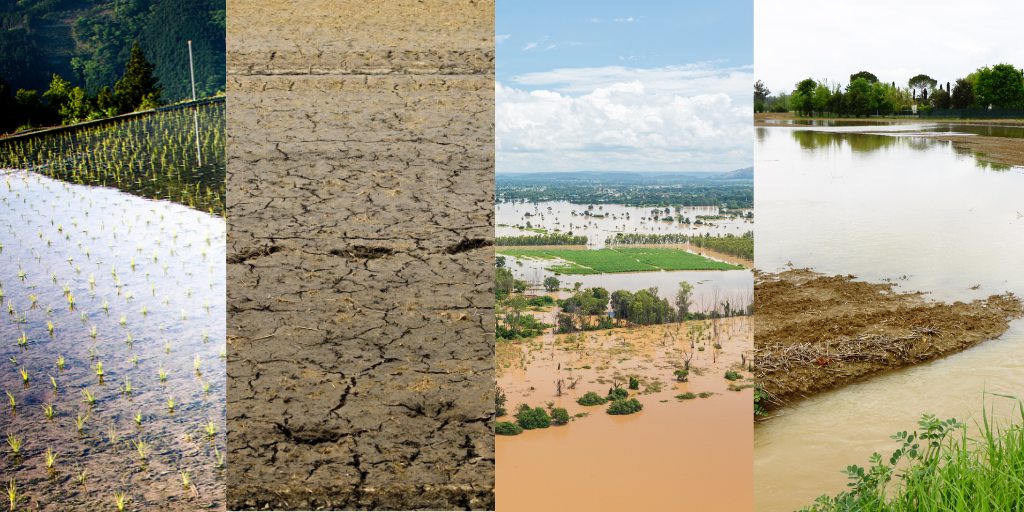Climate change is ubiquitous in the news these days, and growers worldwide are adopting new technologies, taking new approaches to farming, and seeking resources to help them in a changing environment. The creation of “climate resilient” crop varieties is one way that agricultural scientists hope to address the challenges facing farmers around the globe.
High temperatures and reduced water availability can lead to decreased crop yields, and even total crop failure. Heat stress can also reduce the nutritional quality of crops and make them more susceptible to pests and diseases. In addition to these direct impacts on crop production, higher average temperatures affect availability and quality of essential water sources. Varieties that are considered climate resilient are generally high temperature tolerant, have a lower water requirement, and are resistant to warm climate pests and diseases. Naturally, these varieties have to be of the same quality and flavor that consumers expect.
Another aspect of climate resilience in agriculture is improvement in nutritional content through “biofortification”. Simply put, biofortification uses selective breeding or genetic editing to increase the nutritional value of food crops. Many areas heavily affected by climate change are among those already maligned by world hunger. Biofortification is a powerful tool in the fight against global malnutrition.
Developing climate-resilient crop varieties typically involves traditional breeding techniques, where plants with desirable traits such as drought tolerance or heat tolerance are selectively bred over multiple generations to produce offspring with these traits. In some cases, genetic modification techniques may also be used to introduce specific genes that confer desirable traits such as improved water use efficiency or enhanced resistance to pests and diseases.
Climate Resilient Crops in Action
Tutti apple:
A hot climate apple variety developed by the Hot Climate Programme (HCP) in collaboration with VentureFruit. The Hot Climate Programme (HCP) is an initiative that was launched in 2002 by the Institute of Agrifood Research and Technology (IRTA) in Spain with the aim of developing new apple and pear varieties that are adapted to growing areas with high temperatures. This year the project bore fruit in the development of a new apple variety called Tutti, which was unveiled at Fruit Logistica 2023 last month. Tutti is a red-skinned apple that is characterized by its crunchy, juicy, and sweet-tart flavor, and is particularly well-suited to growing in hot climate areas where traditional apple varieties may struggle to produce high-quality fruit due to the stresses of heat and water shortages. Tutti was developed using traditional breeding techniques, and is expected to be a more sustainable and climate-resilient alternative to other apple varieties grown in hot climate areas.
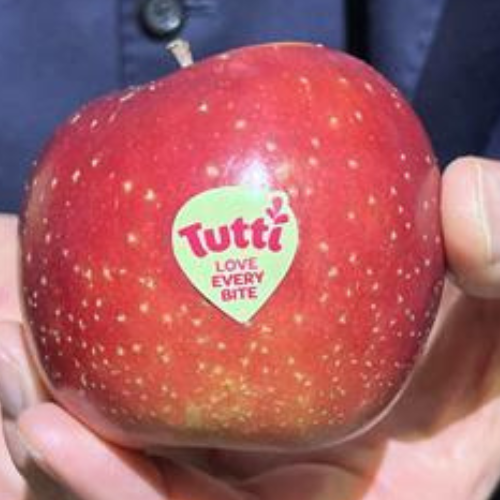
Green Super Rice (GSR):
GSR refers to a group of high-yielding rice varieties that have been developed by the International Rice Research Institute (IRRI) in collaboration with partners in Asia and Africa. GSR is designed to address the challenges of climate change and food security by combining traits such as drought tolerance, disease resistance, and high yield potential. GSR has been a long term project, in 2009 the ‘Green Super Rice for Resource Poor Farmers of Africa and Asia’ project was sponsored by the Bill and Melinda Gates foundation. In 2018, the project had analysed and cloned thousands of rice genetic sequences and identified so called “green genes” - pieces of genetic code that correlate to high stress tolerance and efficient nutrient use. Since its inception, the project has been successful in developing several Green Super Rice varieties that have been released in countries such as India, the Philippines and Vietnam.
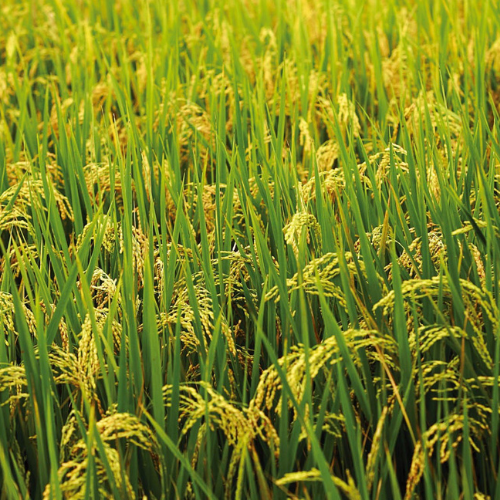
Climate Resilient Wheat:
The International Maize and Wheat Improvement Center (CIMMYT) has been working since the 1980s to develop climate-resilient wheat and maize varieties that are adapted to different regions and growing conditions.
In wheat, one of the main factors in heat and drought tolerance lies in a longer and deeper root system. Resilient wheat varieties have to be more than just temperature resistant though; a resistance to blights such as wheat rust and wheat blast. With a breeding line from CIMMYT, the Wheat Research Center in Bangladesh created BARI Gom 33, a blast resistant strain of wheat designed to help farmers recover from a devastating wheat blast blight in the region in 2016.
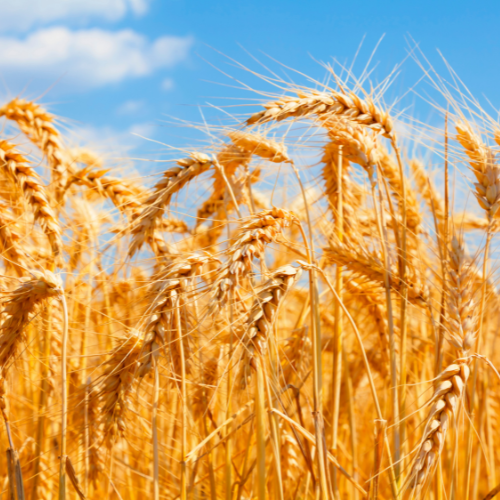
Climate Resilient Maize:
CIMMYT’s Drought Tolerant Maize for Africa (DTMA) program has released more than 160 affordable and climate resistant maize varieties. Maize accounts for almost one third of the caloric intake of populations in sub-Saharan Africa. Conventional maize varieties in the region have seen low yields and even total crop losses due to drought. DTMA’s climate resilient varieties are engineered not only to survive and thrive in droughts and hot climates, but also to provide increased nutritional value through biofortification to address vitamin and nutritional deficiencies in people whose staple diet is maize.
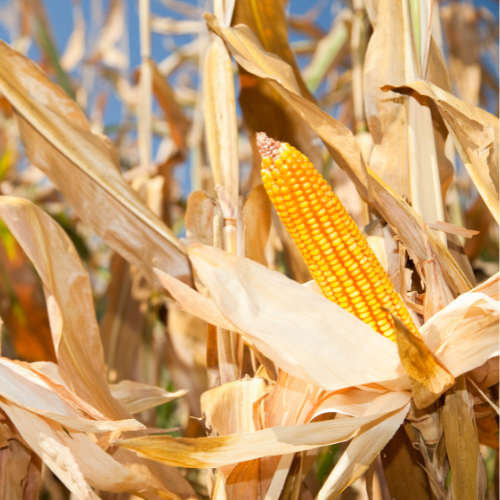
Climate change poses a significant threat to global food security, and developing climate-resilient crop varieties is one way to address this challenge. Through selective breeding and genetic modification techniques, crops with desirable traits such as drought tolerance, heat tolerance, and pest resistance can be developed to produce high-quality and nutritious food in challenging environments. Examples such as Tutti apples, Green Super Rice, and climate-resilient wheat and maize varieties show that significant progress has been made in this field. However, there is still much work to be done to ensure that farmers worldwide have access to these climate-resilient crop varieties, particularly in areas most affected by climate change and food insecurity. Continued investment in research and development of climate-resilient crops is essential to help feed the world's growing population sustainably.
Croptracker develops agtech solutions for industry leaders. Located in Eastern Ontario, Canada, our mission is to make crop production safer, more efficient, and more profitable. Croptracker’s award-winning farm software optimizes recordkeeping, labor tracking, production and cost management.
Interested in learning more about Croptracker? Learn more about our Farm Management Software, or book a demonstration to schedule a meeting with our product experts.
